硬刚BBC:这场中国地方选举,改变不了两岸统一的最终结果
来源:人大重阳
编者按:2024年1月13日晚,台湾地区领导人选举结束。英国广播公司(BBC)第一时间连线专访中国人民大学重阳金融研究院(人大重阳)执行院长、中美人文交流研究中心执行主任王文。王文就中国大陆的台湾政策、两岸关系、未来走向等话题进行了严正回应,是西方顶级媒体中罕见接受专访、传播中国大陆声音的学者,引起广泛影响。这是继乌克兰危机、旧金山中美会晤等多次重大节点人大重阳接受BBC黄金时段专访、对外讲好中国故事的又一次经典案例。现将时况连线视频与文字中英版整理发布如下:
主持人:让我们对今天在台湾现场看到的结果进行更多的分析吧。接下来要对话王文。他曾担任《环球时报》评论主编,现任中国人民大学重阳金融研究院执行院长。王文教授,谢谢您抽出时间接受采访。您认为,中国大陆对此次赖清德胜选接下来会有什么政策?
王文:实际上我认为这只是中国的地方选举。所以这就是中国大陆这边表现非常非常平静的原因。事实上,中国大陆的台湾政策不会发生变化。
第一,中国要统一,也必然统一。没有任何力量能够分裂中国。
第二,我们希望和平统一,但不承诺放弃武力。武力是为了遏制“台独”,并不是针对台湾人民。从某种程度上可以说,没有“台独”,就没有武统。
第三,未来四年,“台独”越猖獗,使用军事力量推动统一的进程就会越快。
没有任何人、任何力量能够把台湾独立出去。
主持人:回到我们今天在台湾所看到的,台湾正在进行民主、自由、公正的选举,展现了透明的民主进程。中国真的对台湾拥有主权吗?
王文:和你口中所谓的“民主”不同,在中国人看来,这就是一个非常典型的地方选举。对于结果,一切都在意料之中。
事实上,对于任何一种结果,我都不会感到意外。现在民进党继续执政,但岛内现在的政治结构对两岸关系现状不会形成实质性的冲击。
未来两岸有可能会有风暴,也有可能会有合作。但正如我所说,这些都只是过程,改变不了最终的结果,那就是最终的两岸统一。
所以,在未来,民进党如果在“台独”问题上挑衅,中国大陆回击的方式有许多种。
如果民进党敢宣布“台独”,那么,结果只能是“武统”,民进党领导们最终将被捕、接受法律的审判。
主持人:你称他们为地方选举,但在台湾现场看到却不是这样的。正如我们所看见以及从今天在这里与我们交谈的嘉宾所显示,台湾人的本土身份认同似乎一直在增长。态度“亲中”的国民党似乎做得更糟。因为台湾似乎有一种更强烈的独立情绪,即使他们在短期内没有口头上推动独立。
王文:其实,中国大陆普通人对台湾选举的关注度很低,因为我们真的认为这是一个地方选举。
所以,如果你(就这种“台独”情绪)问中国大陆的网民,网民们中有不少人会说,希望用武力解决问题。
但多数中国大陆民众都相信政府,认为中央政府是有能力更好地实现和平统一。你提到的“民主”,其实是意识形态的差异。
我认为,在未来需要一定时间的磨合。同时,我们需要防范外部因素美国的干扰,还有就是你刚才提到所谓“民主”。
另外,一件众所周知的事情,自11月旧金山会晤以来,中美关系保持着稳定,美国多次重申反对“台独”。中国也向美国提出,希望美国支持和平统一。
目前,时间站在中国大陆这边。多数中国人都相信,不久的将来,两岸一定能够统一。我们坚信这一点。
主持人:中国大陆对台湾的定义与我所看到的有不同的解释,但是非常感谢您今天接受采访。刚才对话的王文,是《环球时报》原评论主编,现在中国人民大学任教。
以下为英文版对话
Host: Let's get more analysis on the results so that we've seen today here in Taiwan. And let's speak with Wang Wen. He's a former Chief Opinion Editor at Global Times, and is now professor and Executive Dean of Chongyang Institute for Financial Studies at Renmin University of China. Wang Wen, thanks for your time today.
And what do you think China's reaction will be to this victory by William Lai?
Wang Wen: Actually, I think it's a local election of China. So that's why I think China mainland is very, very calm. In fact, I think the Taiwan policy in China mainland will not change at least 3 points.
First, China must be reunified, and it is bound to be reunified. No strength and can split China.
Second, we want to reunify peacefully, but do not promise to give up force. Forces are to curb "Taiwan independence", not for the people of Taiwan. It can be said to a certain extent that without "Taiwan independence", there will be no reunification by force.
Third, I think "Taiwan independence" is more rampant in the coming 4 years, the process of using military forces to promote reunification will be faster. I think no one or any force can make Taiwan independence.
Host: Just to come back on that we've seen today, sort of democracy in action here in Taiwan, Free and fair elections, a transparent process of democracy. Does China really have a claim over Taiwan?
Wang Wen: I think you call the "democracy", but in China eyes, it's a very typical local election. For the result, I think everything is expected.
In fact, I would not be surprised by any result, cause nowadays, we all know the DPP continues to be in power, but the political structure on the island will not form a significant impact on the stability of cross-strait relations.
Maybe in the future, there may be storms, or there may be cooperation. But as I said, they are just processes, and the final result cannot be changed.
That is the final cross-strait reunification. So let me look the future. If the DPP provokes on "Taiwan independence", there are many ways to fight back in China mainland.
If DPP dare to announce "Taiwan independence", then I think the result can only be "reunified by force". And DPP leaders are eventually arrested and face legal trial.
Host: You call them local election, but that's not how it's seen here in Taiwan. In fact, the Taiwanese identity, as we've seen, and we've spoken to our guests here throughout the day here, only seems to be growing.
The a more China "friendly" KMT party seems to be doing worse as there seems to be a stronger, a rise in sentiment here in Taiwan to be a more independent even if they are not pushing verbally for independence in the short term.
Wang Wen: I think if you ask a Chinese ordinary people, I think most of the ordinary people in China mainland nowadays we have very low attention to Taiwan elections, because we really think it's a local election.
So if you ask those netizen, I think many of the Chinese netizen in mainland, they want to solve problems with force, but most of Chinese mainland people, they believe that the central government is capable of better realizing peaceful reunification.
I think the problem is that you called the "democracy", but it's differences of the ideology. I think in the future, we must take longer time.
We need to prevent such ideological, external factors in the variance. For example, as you said, so called "democracy", all the United States are in the barriers.
I think another thing we all know that since the San Francisco meeting in November, China- US relations have remained stable.
And the US has repeatedly announced to oppose "Taiwan independence". So I think also, China nowadays proposed to the United States supporting peaceful reunification.
At present, time stands on China mainland. Most Chinese people believe that in the near future, cross-strait will be reunified. We trusted.
Host: The definition of Taiwan has a different interpretation from China that it has here on the island from what I've seen, but thank you very much for your time today.
Wang wen is a former Chief Opinion Editor at Global Times and currently at the Renmin University of China.
评论列表 共有 0 条评论
最新导读

热门文章


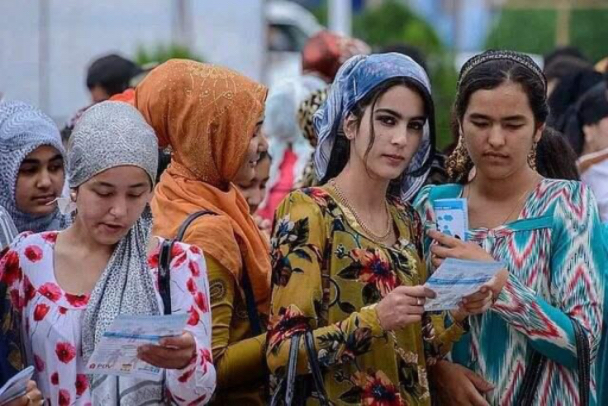

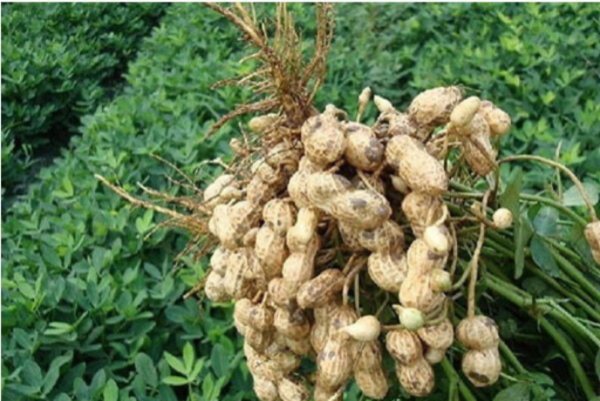
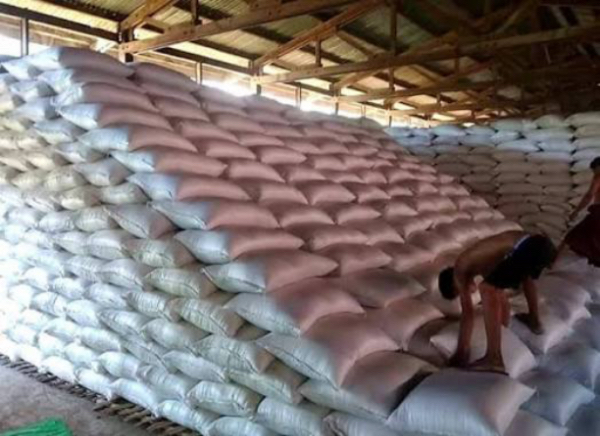
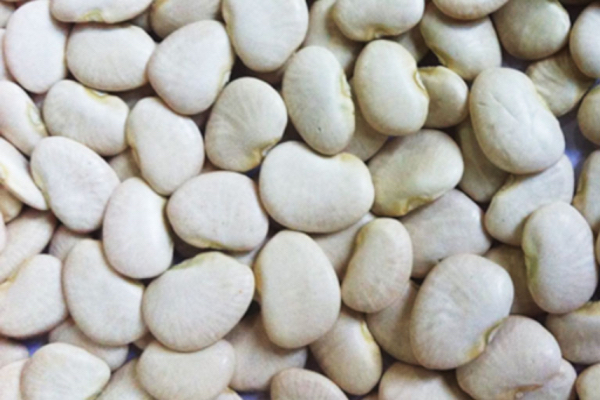
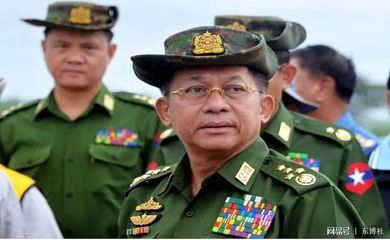
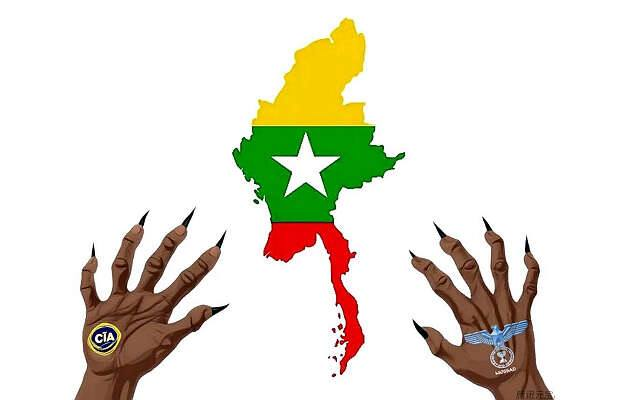
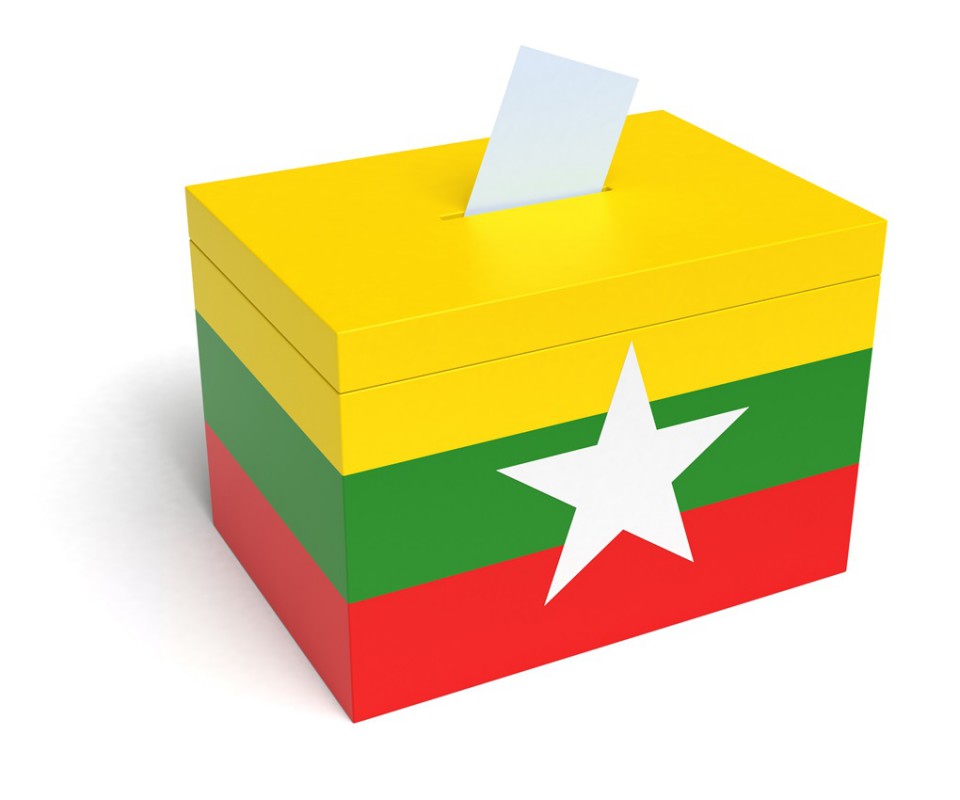
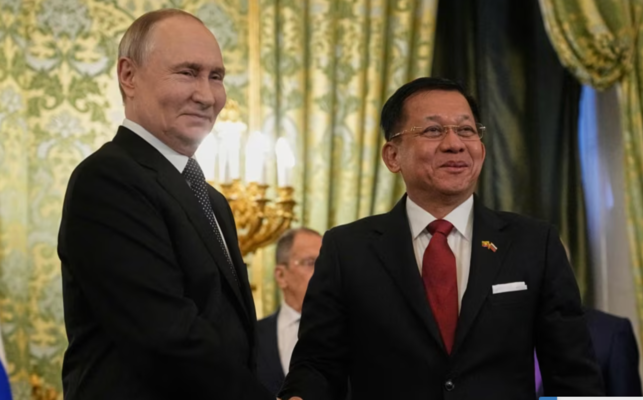
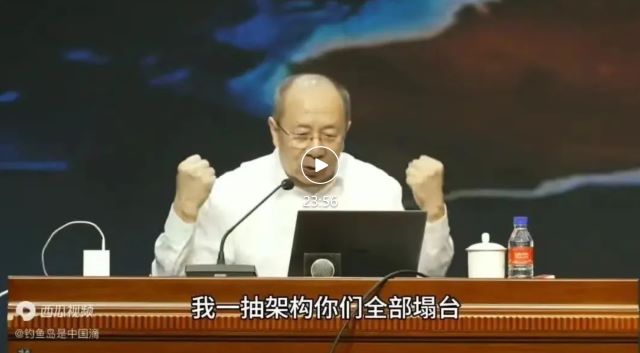




发表评论 取消回复